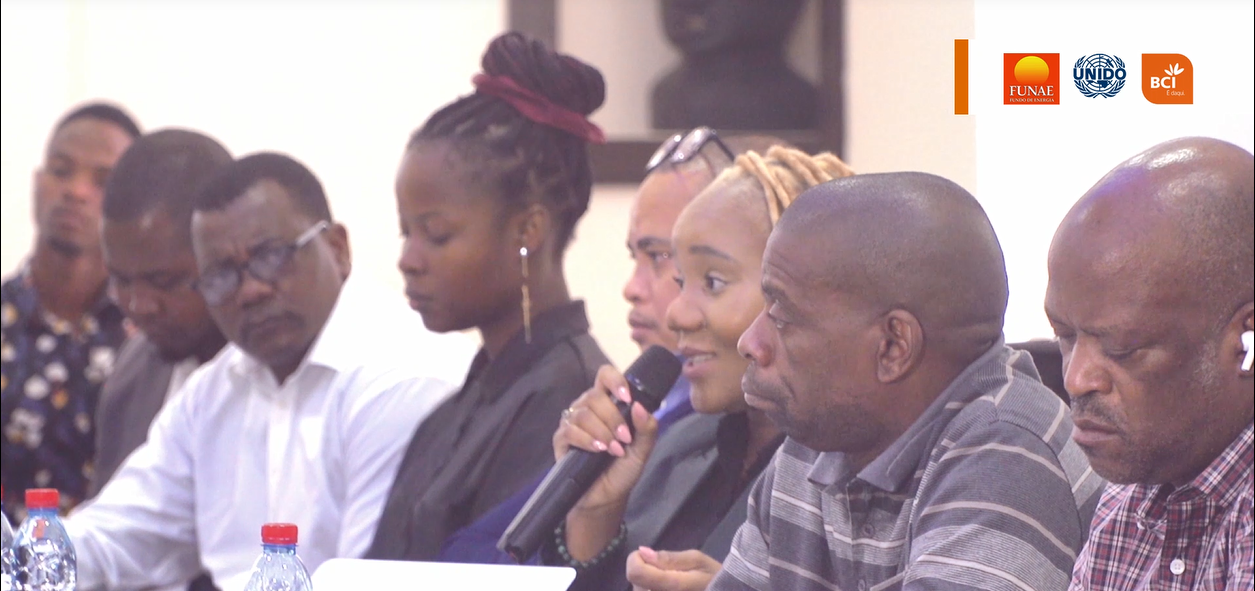
BCI-SUPER Dissemination Workshop on "SME Finance and the BCI-SUPER Credit Line: Preparation of Bankable Projects" organized by UNIDO in partnership with BCI and FUNAE aimed at building the capacity of participants from financial institutions involved in the technical or financial evaluation of project proposals to implement integrated renewable energy systems in rural areas.
Here are the key takeaways from the workshop;
1.Project developers need guidance for the installation of systems as well as quality standards according to the technology used;
2.Specific fiscal incentives need to be in place to promote international partnerships and encourage the importing of renewable energy equipment from global manufacturers;
3.Targeted interventions to build capacity and sensitize stakeholders on the relevance and usefulness of RE technologies are still much needed;
4.SMEs need to improve their financial literacy to understand the benefits of the formal sector, in particular by eliminating misconceptions about tax and financial compliance;
5.All stakeholders throughout the life cycle of the financial instrument should be at the same level of understanding and able to use the same approach during project preparation, appraisal and reporting;
6.The technical capacity of renewable energy Technology and Service providers need to be strengthened in order to deliver functional and robust systems;
7.The role of renewable energy technology and service providers should be strengthened, enabling them to design ambitious, innovative and impactful interventions. Risk mitigation mechanisms should be made available to this specific group to facilitate access to finance, technologies and know-how;
8.The market needs additional innovative financial mechanisms, combining different types of funds and different skills to provide affordable and attractive products to the market;
9.Most projects use solar photovoltaic technology. While this is positive and relevant, the participation of SMEs in energy production systems from other sources, including Organic waste (demand and supply) is comparatively lower;
10.Local development of relevant solutions (in particular W2E-Biogas systems) should be a priority to reduce costs and increase market confidence in renewable energy systems, which will then be supplied and maintained locally;
11.More social enterprises need to act as honest brokers between communities and technology providers, cultivate new social relationships and encourage communities to adopt and use cleaner energy systems. The combination of social enterprises and Renewable Energy providers can catalyze change and promote sustainable economic and social development.

